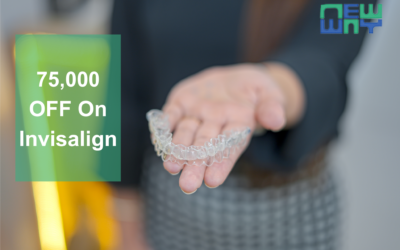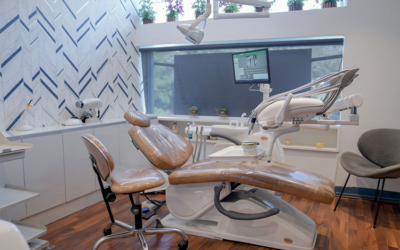When should dental implants be considered?
Problems & Precautions: One of the most common dental problems is tooth decay. This occurs when the protective layer of the tooth ,known as enamel gets damaged, leading to cavities or holes in the tooth. It may cause pain sensitivity and even tooth loss if left untreated. Regular checkup can help to identify tooth decay early on and prevent its progressions.
Another prevalent dental problem is gum disease, Also known as periodontal disease.it occurs when bacteria plaque build up along the germline leading to inflammation and infection of the gums. if left untreated, gum disease can cause of tooth loss and even affect to overall health.
Tooth sensitivity is another dental issue that many people experience.it may cause discomfort while consuming hot or cold food and beverages.it can be caused by many factors, such as tooth decay, gum recession and worn out tooth enamel.
Missing teeth can also be a significant dental concern for many individuals not only missing teeth affect your self confidence and ability to chew properly, but they can also lead to bone loss and misalignment of surrounding teeth.
PRECAUTION: It is important to note that dental problem occurs at any age. Therefore, it is essential for both children and adults to maintain good oral hygiene and consult the doctor regularly. Brushing teeth twice in a day, flossing daily and using mouthwash can help prevent all this related problems and keep this away. Brush your teeth at least twice a day using toothpaste that contains fluoride. Use a soft-bristled toothbrush and brush gently in circular motions to remove plaque and food particles. Some of the point are discussed below:
- Flossing: Flossing once a day helps remove plaque and food particles from between your teeth and under the gumline where your toothbrush can’t reach.
- Healthy diet: Reduce the intake of sugary snacks and drinks, as they can cause tooth decay. Instead, choose a well-balanced diet that includes plenty of fruits, vegetables, whole grains, and lean proteins.
- Drink plenty of water: Water helps rinse away food particles and bacteria, and it also helps stimulate saliva production, which is important for maintaining oral health.
- Regular dental check-up: Make sure to see your dentist regularly for check-up and professional cleanings. Dentists can detect early signs of dental problems and provide appropriate treatment to prevent them from worsening.
- Avoid tobacco: Smoking and chewing tobacco can cause gum disease, tooth decay, and oral cancer. Stopping the use of tobacco products can greatly enhance your oral health.
- Protect your teeth: Wear a mouth guard when participating in sports or activities that could lead to dental injuries. Avoid using your teeth to open bottles or tear packages, as this can cause damage.
- Consider fluoride treatments: Your dentist may recommend fluoride treatments or fluoride supplements to help strengthen your tooth enamel and prevent tooth decay.
By following these steps and maintaining a consistent oral hygiene routine, you can significantly reduce your risk of developing dental problems.
In conclusion, preventing dental problems requires a proactive approach to oral hygiene and regular dental care. by brushing and flossing daily, eating a healthy diet, staying hydrated, avoiding tobacco products, and wearing protective gear when necessary, you can safeguard your oral health. On the other hand attending regular dental check-ups enables early detection and treatment of any issues that may arise. By prioritizing these preventive measures, you can maintain a healthy smile and enjoy better overall well-being. Remember, a little effort in caring for your teeth and gums can go a long way in preventing dental problems and preserving your oral health for years to come.
frequently asked questions:
1. Are dental implants good or bad?
Dental implants are a secure and reliable method for replacing lost teeth. They consist of a tiny titanium screw inserted into the jawbone. This screw holds a metal abutment, which extends above the gums. A replacement tooth is then attached to the abutment, completing the process of filling the gap left by the missing tooth. Dental implants have been a great solution for restoring their smile and chewing ability. They provide a long-lasting and natural-looking replacement for missing teeth, improving both appearance and oral health. While there may be some discomfort during the healing process, the benefits of dental implants often outweigh any temporary challenges.
2. Who is a good candidate for dental implants?




